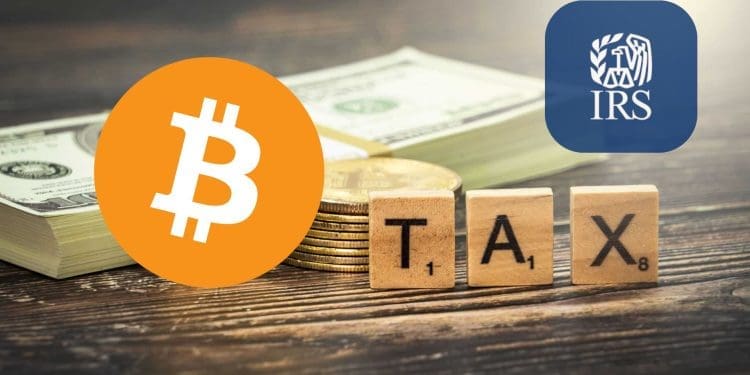• The IRS released a draft form (Form 1099-DA) for brokers and exchanges to report certain sales of digital assets
• The form lists different types of brokers, including unhosted wallet providers
• The form stems from proposed rules that would treat crypto brokers similarly to brokers for traditional investments like stocks and bonds
The Internal Revenue Service (IRS) released an early draft of a tax form for brokers and exchanges to report certain sales of digital assets on Thursday. The draft provides insight into how the IRS may categorize brokers.
Details of the Draft Form
In the Form 1099-DA draft, the IRS lists broker types including kiosk operator, digital asset payment processor, hosted wallet provider, unhosted wallet provider, and others. The form also asks for a digital asset address and whether the asset is a non-covered security.
The form stems from rules proposed last year that say crypto brokers would be treated similarly to brokers for more traditional investments like stocks and bonds. Currently, taxpayers owe tax on gains and can deduct losses on digital assets when sold, but the Treasury said it is hard for taxpayers to calculate those gains.
Background on the Proposed Rules
The proposed rules are part of the Infrastructure Investment and Jobs Act passed in 2021 that included crypto language to increase reporting made by <a href="https://blocknews.com/uk-introduces-crypto-tax-exemptions-for-foreigners-using-local-brokers/" title="<strong>UK Introduces Crypto Tax Exemptions for Foreigners Using Local Brokersbrokers on customers’ crypto activity.
Reaction from the Crypto Community
Ji Kim, chief legal and policy officer at the Crypto Council for Innovation, said it was unfortunate that unhosted wallet providers were listed as brokers. Kim said this “fails to recognize, among other things, that a wallet provider as a software tech provider does not have knowledge of the nature of transactions processed, nor the identity of the parties to transaction.”
If the rule is finalized, digital asset brokers will issue the form to investors annually, according to law firm Gordon Law Group. Brokers would include centralized and decentralized exchanges, wallets that allow users to trade digital assets, and bitcoin ATMs.
Gordon Law Group said in a post that although the crypto community will likely push back against decentralized exchanges (DEXes) having to report to the IRS, the IRS will probably not be flexible on this requirement. DEXes currently do not collect tax information about customers, but the IRS will likely argue that they can enforce Know Your Customer (KYC) requirements.
Conclusion
The IRS released a draft tax form stemming from proposed rules to increase reporting requirements for crypto brokers. The draft provides insight into how the IRS categorizes different crypto brokers. While the crypto community may resist some proposed requirements, the IRS seems intent on increasing oversight of crypto transactions for tax purposes.














